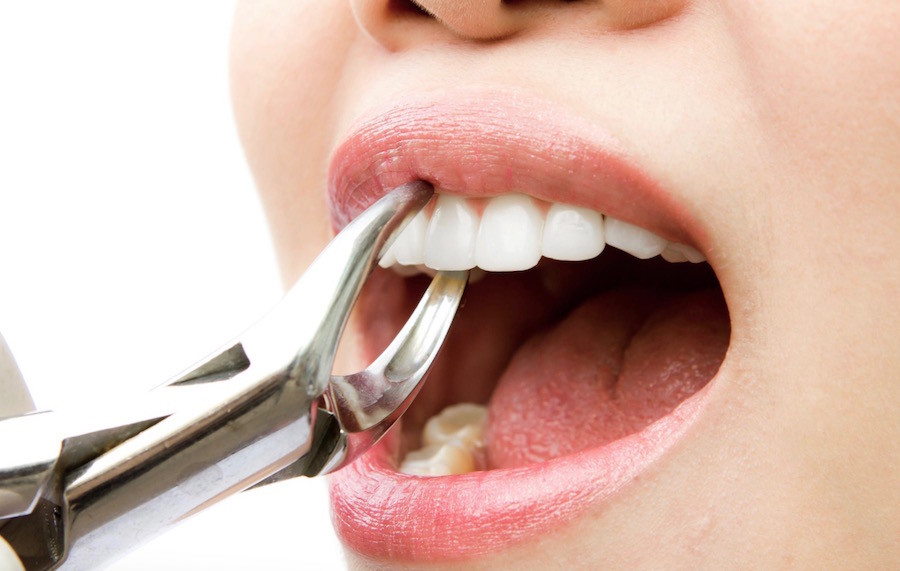
Do you experience that commonly occurring dream where you lose your teeth? Dream analysts would state that you are experiencing anxiety over something that you feel powerless to control or avoid. The dental community on the other hand, thinks this dream requires a literal interpretation, and it should, given that 69 percent of adults ages 35 to 44 have lost at least one permanent tooth. Even more concerning, is that by age 74, 26 percent have lost all of their permanent teeth. Like it or not, a tooth loss is coming for most of you. However, contrary to the dream analysis, you are not powerless and there are ways to avoid extraction, even when your teeth are exhibiting signs of decay and disease.
4 Things You Can Do to Save Your Decayed, Damaged, or Diseased Teeth and Prevent Removal
1. See an Endodontist
The American Association of Endodontists offers a pretty succinct definition of the role of an endodontist:
“Endodontists are specialists in saving teeth, committed to helping you maintain your natural smile for a lifetime. Their advanced training, specialized techniques, and superior technologies mean you get the highest quality care with the best result — saving your natural teeth!”
The enthusiastic definition is a true one – an endodontist is indeed the specialist you turn to when you want to avoid a tooth extraction. What makes this so?
As a practice, endodontics is the branch of dentistry that is concerned with dental pulp and the tissues surrounding the roots of a tooth. Endodontic therapy is most commonly known as root canal treatment, a procedure which treats the injured or diseased pulp tissue inside the tooth. Now some simple root canals can be performed by a dentist, however, if you want the best possible treatment and to significantly reduce the risk of receiving an extraction, an endodontist is preferred. Consider this fact – while all endodontists are dentists, less than three percent of dentists are endodontists. Just like a specialist in any medical field, an endodontist earns his/her distinction after having completed additional years of intensive training. For instance, in addition to his dental and doctorate/PHD degrees from the University of British Columbia, our own Dr. Jeffrey M. Coil practiced general dentistry for 8 years and was a Clinical Instructor in Endodontics and Periodontics, before obtaining his certificate in Endodontics at the University of Washington. Tell us, who would you prefer in the role of saving your teeth?
When performed under the expert hand of an endodontist, a root canal may save your teeth and keep your natural smile intact.
2. Save a Fractured Tooth Before it Becomes a Candidate for Removal
Cracked or fractured teeth are not only unsightly, they can lead to the death of the nerve and/or the growth of an abscess which may require an extraction if the infection and/or damage has gone beyond reasonable endodontic repair. As soon as you experience and/or identify the existence of a cracked tooth or visible fracture lines you must take action by seeing a specialist who may be able to correct the condition through stabilization or a crown restoration.
3. Repair Gum Recession Before it Results in Tooth Loss
Another unsightly condition that can lead to tooth loss is gum recession, which is the result of diminished gum tissue and/or retraction of the gingival margin from the crown of your teeth. If left untreated, the tissue and bone structures that support your teeth will sustain enough damage that tooth loss becomes inevitable. The key to preventing this form of periodontal tooth loss is to not let the condition get too far. That means, as soon as you feel and/or see receding gums you will need to contact a dental specialist near you. Now we know that you may have some big preconceptions about repairing gum recession, with the words “gum grafting” haunting your dreams, but thanks to a modern non-invasive procedure known as the pinhole surgical technique, you can have your receding gums repaired without significant pain, discomfort and exaggerated recovery time.
4. Stop Habits That Will Worsen Damage, Decay and Disease
While you absolutely need to see a specialist right away if your teeth exhibit damage, decay or disease, it certainly won’t hurt to nip bad oral health habits in the bud before your condition is addressed. That means you must practice proper oral hygiene while avoiding foods, beverages, and activities that risk hurting protective tooth enamel.
For a consultation regarding endodontic treatment in addition to other complex procedures that will restore the health of your teeth and help prevent extraction, we encourage you to contact the Vancouver Dental Speciality Clinic today. Call us today at 604.336.0958 for a noncommittal discussion about what we can do to help you keep your teeth where they belong.



